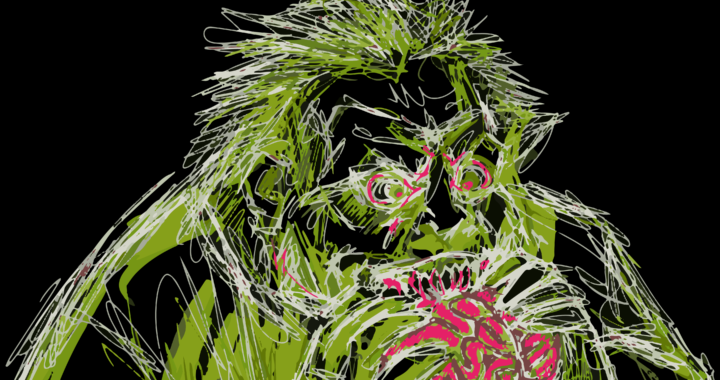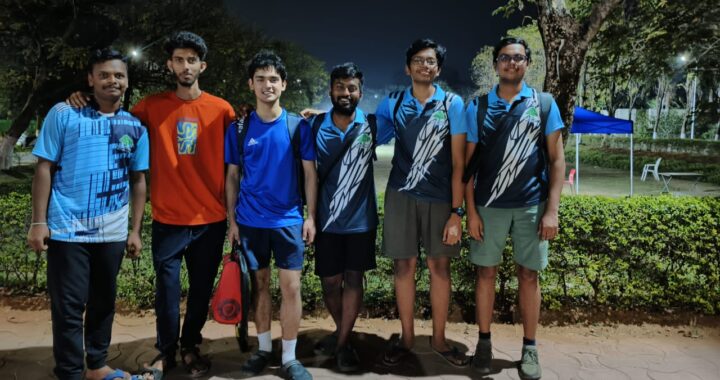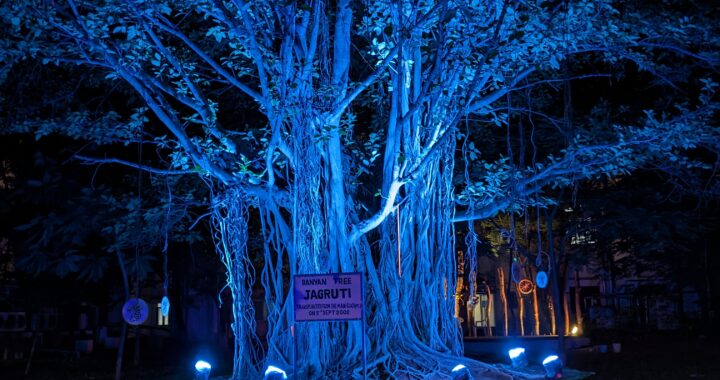FSIS UG2K18
If there’s anything that made this semester memorable, it would be the drastic shift from the two Mid-semester system to the double quiz system. Its inarguably been a point of contention for the entire student community and over the last month sparked several discussions among the batch of 2018. Following significant delays in exam paper showings, rushed portions, and a general sense of exhaustion, student representatives approached the Dean academics for a faculty-student interaction session to discuss this issue among others.
Unfortunately, due to the late nature of the request, it was decided that a meeting with the entire batch along with all the faculty would be impractical. Hence, at the dean’s suggestion, a set of 12 students attended a private meeting with the dean and head of the student life committee, Prof. Radhika Mamidi.
The meeting, held on 11th November started off with a discussion on the quiz system and possible solutions to grievances. During the discussion, several new insights were obtained into the process of moving to a single mid-sem system. The dean remarked that upon discussions with parliament, the university deemed it necessary to conduct exams apart from the mid sem for the sake of ensuring that no single exam carried the bulk of the weight. To this end, during the discussion phase, the university also looked to existing examination systems at other universities before making a decision. One university that was of particular interest was IIT Madras, who also follow a single midsem, two quiz system. Interestingly, during all three of these exams at IIT Madras, classes are not suspended – a point which ug2k18 students found issue with regarding quizzes. As students raised concerns regarding the quality of teaching, shorter assignment deadlines, and the lack of time to learn effectively, the dean sympathized with the students and looked for possible solutions. She defended the existing system by reasonably arguing that some of the errors encountered may owe to the fact that faculty have never dealt with such a system in the past. Hence, the contrast between the importance of quiz and that of a mid sem may have varied from prof to prof. For instance, in some courses, quizzes were primarily objective or open book in nature, while in others they were a shorter version of midsem.
Some members in the batch of 2018 also recommended that the university revert to the two midsem system at the earliest, but were informed that it would not be possible. The dean explained that ever since the recent curriculum change, there has been a significant increase in the number of half-semester courses which are now easier to manage and split evenly across the semester due to the 2 quiz system (each course would have one midterm exam and one end sem either during the first or second half of the semester). Hence, improvements to the existing solution were discussed. Some solutions included making the exam purely objective, shortening the exam to 20 minutes, increasing the time to 1 hour, and even scheduling the quizzes at the professor’s discretion rather than during a fixed period (the recently sent Spring calendar mostly voids this idea). While each solution undoubtedly had its pros and cons, the dean noted down grievances and suggestions alike and promised to work on alleviating the situation
Following the lengthy discussion, each stream (except for CLD which had no representative at the meeting) was given a chance to discuss problems specific to their branch.
CND
The students of the CND programme had been facing some issues with respect to the high number of the half-semester courses, especially the lab courses, in their curriculum, since they found that these courses seem to run over to the rest of the semester, and take a lot more effort proportional to the number of credits they have been allotted. A lot of these courses also seemed to repeat content, which was not really beneficial to the students. The dean took note of this and assured that she would speak to the professors concerned. The lack of transparency in the grading of some of the CND courses was also brought up, and this was resolved by the dean saying that all the professors would be asked to put their grading scheme on moodle at the beginning of the semester.
ECE
ECE students primarily critiqued two new courses – Systems Thinking and VLSI. For the VLSI course, students were required to use industry-grade tools for the first time, in an attempt to make students ready for the world. Unfortunately, students weren’t introduced to the tools until the end of the course and assignments were primarily finished without a true understanding of the principles behind it. This disconnect between the workload and the teaching was noted by the dean as she promised to ensure that it wouldn’t be repeated the following year, noting that errors such as these are somewhat inevitable when a new curriculum is adopted. Regarding the course ‘Systems Thinking’, representatives requested more cohesion between professors in the future as topics were previously taught without much flow between them.
CSE
Once again, it was a newly introduced course that proved to be challenging. Over the past few months, CSE students have been working on IoT devices as part of the ‘Embedded Systems Workshop Course’ to deliver smart devices that are deployed all across IIIT. Students expressed concern over the stark differences between various teams in terms of the workload as well as guidance received. The dean took note of this as well and assured that this would be rectified the following year, remarking that a possible reason for the differences could be that some advisors in the course have never dealt with such an electronics course as opposed to some who have been conducting the Electronic Workshop-1 for years.

 Cleaning up the Mess?
Cleaning up the Mess?  The Mess-y Situation
The Mess-y Situation  Qu’ils mangent de la grenouille! (Let Them Eat Frogs!)
Qu’ils mangent de la grenouille! (Let Them Eat Frogs!)  Tale of Two Cheenties
Tale of Two Cheenties  Peace of mind.
Peace of mind.  Boats and Valorant
Boats and Valorant  A perspective on sports in IIIT
A perspective on sports in IIIT  Paintings of IIIT
Paintings of IIIT  The Tale of Jagruti
The Tale of Jagruti